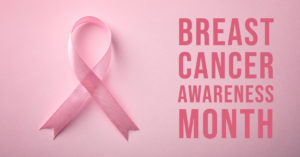Are you struggling with infertility? We have several infertility treatments that may be able to help.
For nearly 15% of all couples, infertility is a crisis, but not one that can’t be solved by medical assistance. Below are some treatments and procedures that Dr. Ayalon can suggest to increase your fertility and finally help you start a family.
Types Of Infertility Treatments
Just because you have failed to become pregnant doesn’t necessarily mean you should take infertility medication. There are many techniques you can use at home to help you increase your chances of becoming pregnant. For example, stress can actually interfere with becoming pregnant. If work has been keeping you tense, try yoga, meditation, long walks, writing in a journal, or simply holding hands with your partner to lower stress.
Infertility can be treated with a variety of prescription medications. Clomiphene citrate comes in pill form and helps induce ovulation. About 80% of infertile women who were treated with clomiphene citrate were able to ovulate, and half of them achieved pregnancy over multiple cycles of medication.
A low amount of estrogen in the body could mean you are having difficulty ovulating. Hormone injections work similarly to clomiphene citrate in that they stimulate ovulation by raising your estrogen levels.
Meet Your Doctor
Dr. Roy D. Ayalon., MD is a board-certified Obstetrician and Gynecologist, and is a member of the American College of Obstetrics and Gynecology, as well as the International Organization for Women and Development.
Call and schedule an appointment with Dr. Ayalon at (818) 654-9312
















